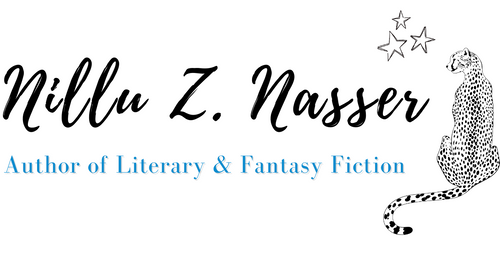 Photo by Elena Kalis
Photo by Elena Kalis
Many moons ago, I wrote about the benefits of journalling. I journaled as a child, continued sporadically as a teen, and then with increased regularity after reading Julia Cameron’s The Artist’s Way, which recommends morning pages as a conduit for creativity. Then I had children. Often, it’s not an alarm that wakes me up, but a child, and the quiet moment for picking up pen and paper gets swallowed up in their immediate needs.
The truth is, nowadays I buy far more notebooks than I can fill. I buy them for their beauty, the feel of their crisp, smooth pages, but more often than not my writing takes place on a keyboard, not on a page. My journal sits unloved on my bedside table. Even so, I am in effect still journalling: here on my blog, on my Facebook page, on Twitter, the Whats App messages I exchange with those closest to me, and lately, long emails with penpals of old about the state of the world, my fears and dreams. All these are records of how I feel and what I am thinking.
In the future, the diaries of writers that are fixtures on my bookshelf – that of Samuel Pepys, Sylvia Plath and Virginia Woolf – may be taken not only from the journals of writers, thinkers and philosophers, but from multiple forms. And for us lesser beings, such is the thrust of technology, that our descendants may well retain access to our thoughts in ways that have not been possible for previous generations. Imagine having access to your great-grandmother’s thoughts about the world and how she made her way through it. Imagine having a tangible thread between your mind and hers, being able to discern the allegiances you shared, the strengths, the faults.

Photo by Alice Popkorn
Despite all this, one thing stands: I write to understand myself, to untie the knot of thoughts in my head. What that means is that a large part of writing is introspection. Thinking that is done even before black pixels hit the white page. But what happens if today’s mediums and pastimes no longer leave room for the private act of introspection? What if we are encouraged to react, to make public stands, to be megaphones without a filter, or equally suspect, with an agenda?
When we write for an audience we no longer write with the purity of a diarist, who never believes s/he will be read. We are conscious of our own image and our peers; we seek to influence and perhaps manipulate, we hide or defend our foibles and therefore perhaps dilute the truth of what we see and feel. And that, my friends, is why journalling in the real sense of the word, is too valuable to abandon. You see, not a hair’s breadth separates you from the pages of your journal, and there, you might discern things that you try to keep hidden from everyone, even yourself.
